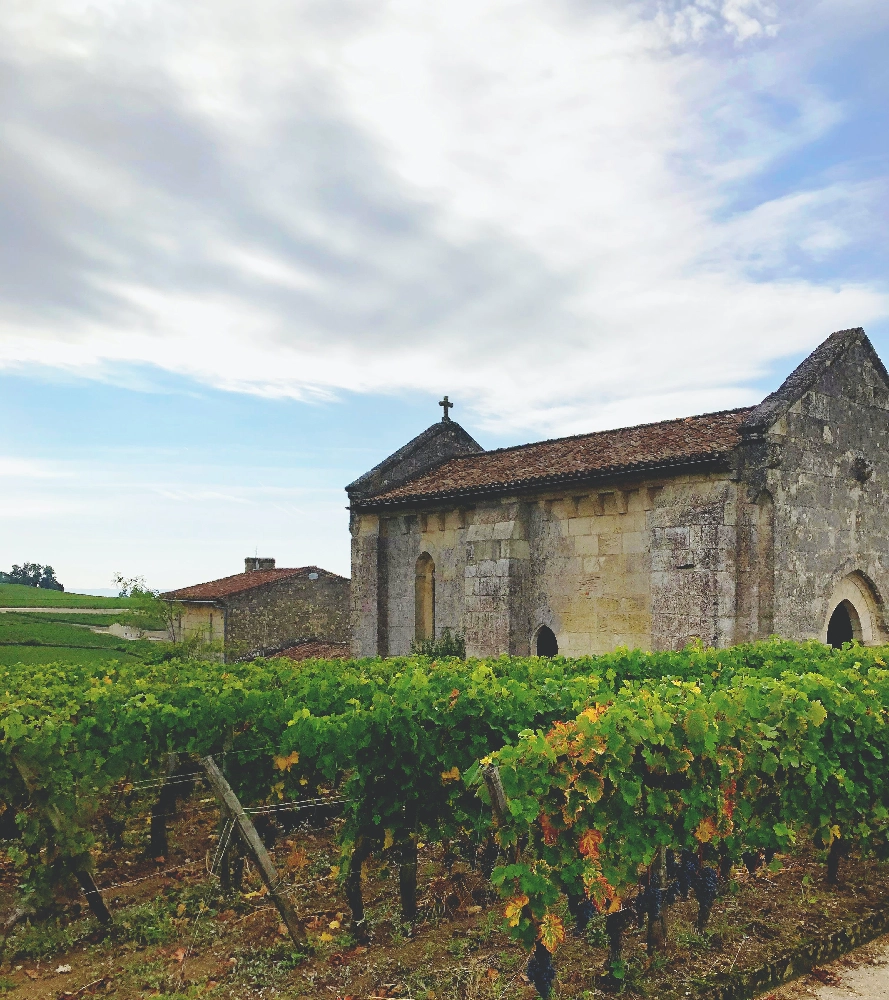
Thessalia Wineries & Wines Stats
Wineries
18
Wines
132
A Toast to Thessalia: Unraveling the Historical Significance of Ancient Greece's Premier Wine Region
Introduction Thessalia, an ancient wine region nestled in the heart of Greece, is a captivating tapestry woven with threads of rich history, mythology, and viticulture. This land has long been renowned for producing exquisite wines that have graced the tables of gods, kings, and philosophers throughout antiquity. In this review, we embark on a journey through time to uncover the historical significance of Thessalia's vineyards, its contributions to ancient Greek culture, and the intriguing tales behind its iconic wines.
Ancient Origins Thessalia, an integral part of the wider Macedonian region, was famed for its thriving wine industry as early as the Mycenaean period (1600–1100 BC). The fertile soil and favorable climate allowed this land to produce wines of exceptional quality, which were highly sought after throughout the Mediterranean world.
Mythology and Legends Thessalia's viticulture history is steeped in mythological tales, most notably the story of Dionysus, the god of wine, who is believed to have had a profound influence on Greek winemaking traditions. The region's abundant vineyards were considered sacred sites where the god himself resided and protected the grape harvest.
Viticulture Practices Ancient Thessalian winemakers employed innovative techniques, such as sun-drying grapes for producing sweet wines (known as "sun-mellus" or "sun-baked") and using clay amphorae to store and age their wines. These practices contributed significantly to the development of distinct wine styles that were unique to Thessalia and set it apart from other Greek regions.
Iconic Wines and Gastronomy Thessalian wines were celebrated for their diverse flavors, ranging from crisp and fruity white wines made primarily from Malagousia and Krasato grapes to robust reds produced from Xinomavro and Stavroto. These wines were often enjoyed as an accompaniment to local delicacies such as roasted meats, fresh fish, and hearty stews, making for a memorable dining experience that showcased the region's culinary heritage.
Impact on Ancient Greek Culture Thessalian wines played a pivotal role in ancient Greek society, with offerings to the gods being an essential part of religious practices. Wine was also used in various rituals, including weddings and funerals, signifying life's different stages. Moreover, philosophers like Plato and Aristotle often discussed wine and its influence on human emotions and intellect, further cementing its place within Greek culture.
Conclusion As we raise a glass to the rich history of Thessalia's vineyards, we are transported back to ancient times when these wines graced the tables of gods and kings. Today, modern winemakers continue to draw inspiration from this storied past, preserving the region's legacy while forging new innovations that reflect its enduring allure. So let us toast to Thessalia – a land where history, mythology, and wine come together in perfect harmony.
